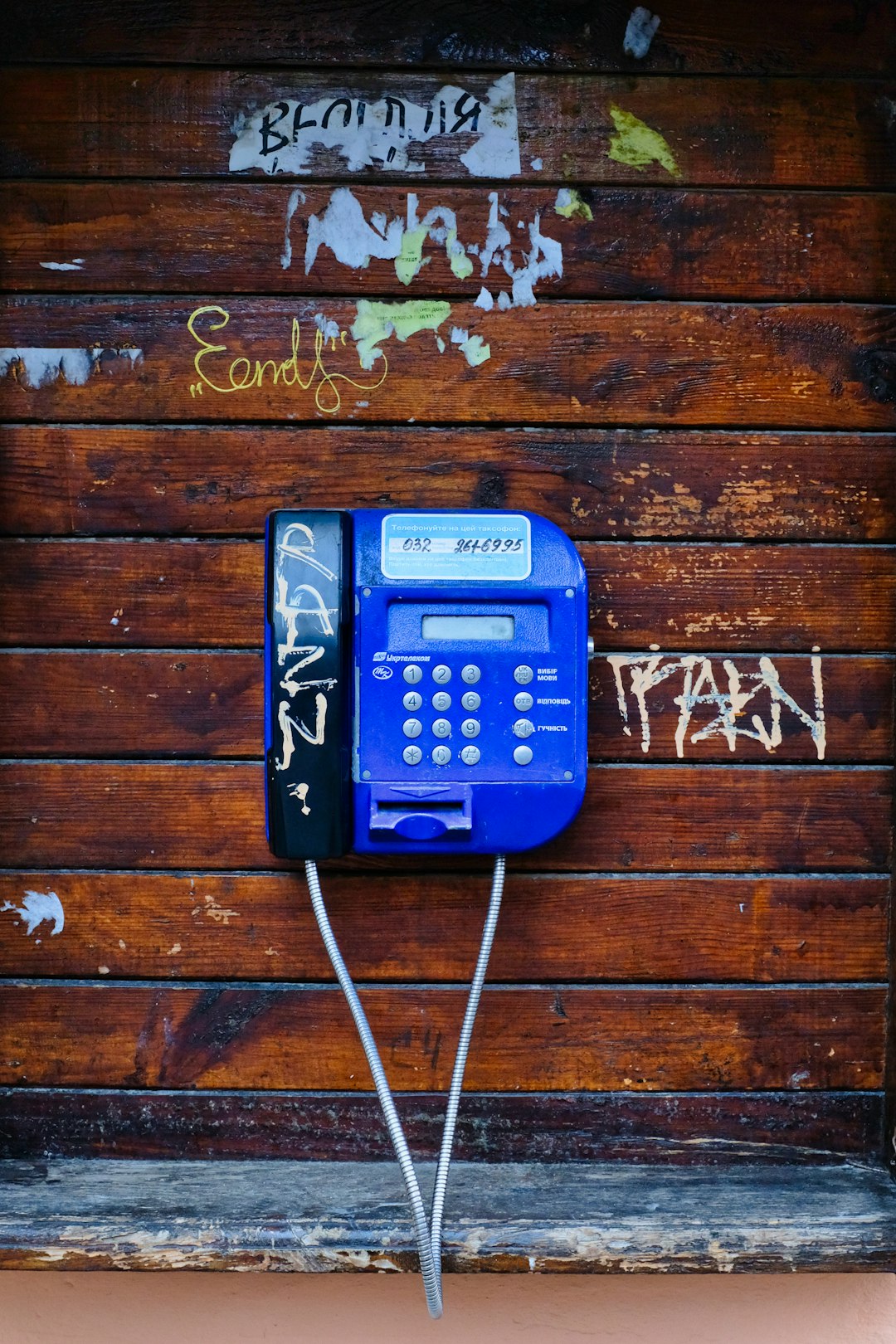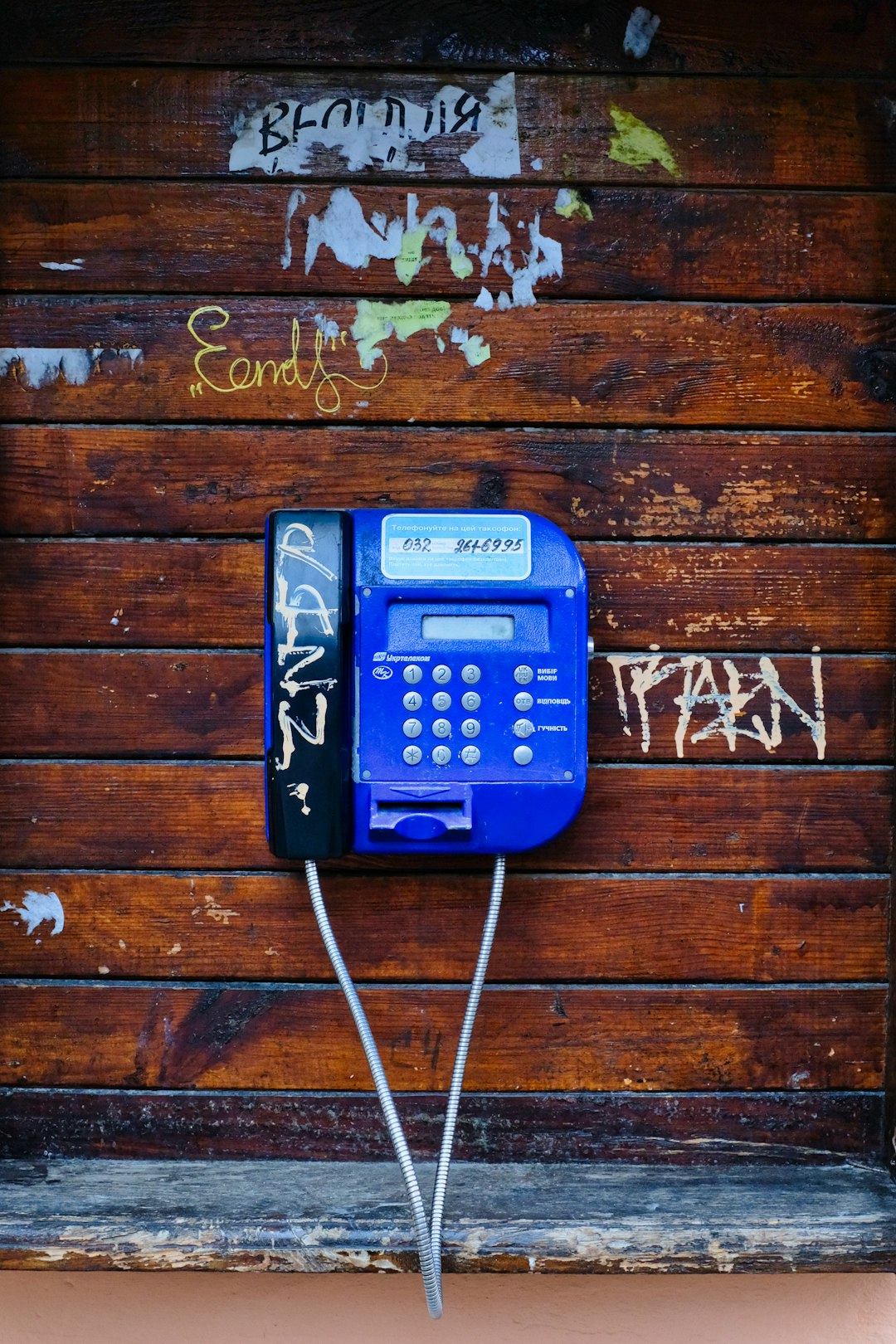Beaufort businesses must adhere to South Carolina's strict Do Not Call Laws to avoid legal issues, fines, and foster positive consumer relationships. This involves maintaining accurate customer databases, verifying numbers against the state registry, training employees on best practices, offering clear opt-out options, and documenting calls. Non-compliance often stems from ignoring the registry, making unauthorized calls during restricted hours, and failing to provide easy opt-outs. By adhering to these regulations, businesses protect consumer privacy and maintain a positive image.
In Beaufort, adhering to Do Not Call laws is crucial for businesses aiming to avoid legal pitfalls and maintain customer relations. This article guides local enterprises through the intricacies of South Carolina’s Do Not Call regulations, offering strategic insights to prevent violations. We explore effective methods to respect consumer choices while ensuring compliance. By understanding common mistakes and adopting best practices, Beaufort businesses can navigate these laws effortlessly, fostering positive interactions with their clientele. Learn how to stay compliant with Do Not Call Laws in South Carolina.
Understanding Do Not Call Laws in South Carolina

In South Carolina, like many states, there are strict regulations in place to protect consumers from unwanted phone calls known as Do Not Call laws. These laws prohibit businesses from making telemarketing calls to individuals who have registered their numbers on the state’s Do Not Call list. The list is a powerful tool for residents to control and limit marketing calls, ensuring their privacy and peace of mind.
Business owners in Beaufort should familiarize themselves with these regulations to avoid legal violations and potential fines. Do Not Call laws mandate that companies obtain prior consent before contacting consumers and provide an easy way for individuals to opt-out or remove their numbers from marketing lists. By respecting the preferences expressed by South Carolina residents, businesses can foster a positive image and maintain compliance with local telemarketing regulations.
Strategies for Businesses to Avoid Violations

To avoid Do Not Call violations in Beaufort, South Carolina, businesses should implement robust strategies that respect consumer preferences and comply with state laws. One effective approach is to maintain an up-to-date, accurate database of customer numbers, carefully categorizing them based on consent levels. Before making any outbound calls, verify that the number is not listed on any Do Not Call registries or has given explicit permission for marketing calls. Implementing automated tools can automate this process, ensuring compliance and saving time.
Additionally, training employees on Do Not Call laws and best practices is essential. Teach them to recognize and honor consumer requests to be removed from call lists immediately. Regularly review and update your calling scripts and procedures to align with legal requirements, and consider adopting a “call confirmation” system where customers can easily opt-out or confirm their interest in receiving calls.
Common Mistakes and How to Steer Clear of Them

Many Beaufort businesses fall foul of Do Not Call laws in South Carolina through simple mistakes that could be easily avoided. One of the most common errors is failing to check and respect the state’s “Do Not Call” registry, which can lead to costly fines. Businesses should also steer clear of making unsolicited phone calls during restricted hours or targeting numbers on the do-not-call list.
Another frequent pitfall is not providing consumers with an easy opt-out option during marketing calls. Always ensure your call scripts include a clear and concise mechanism for recipients to request their number be removed from your calling lists. Additionally, training staff on proper call etiquette and compliance procedures is vital. This includes being mindful of the frequency of calls, respecting consumer privacy, and documenting all calls to avoid any misunderstandings or accidental violations.





